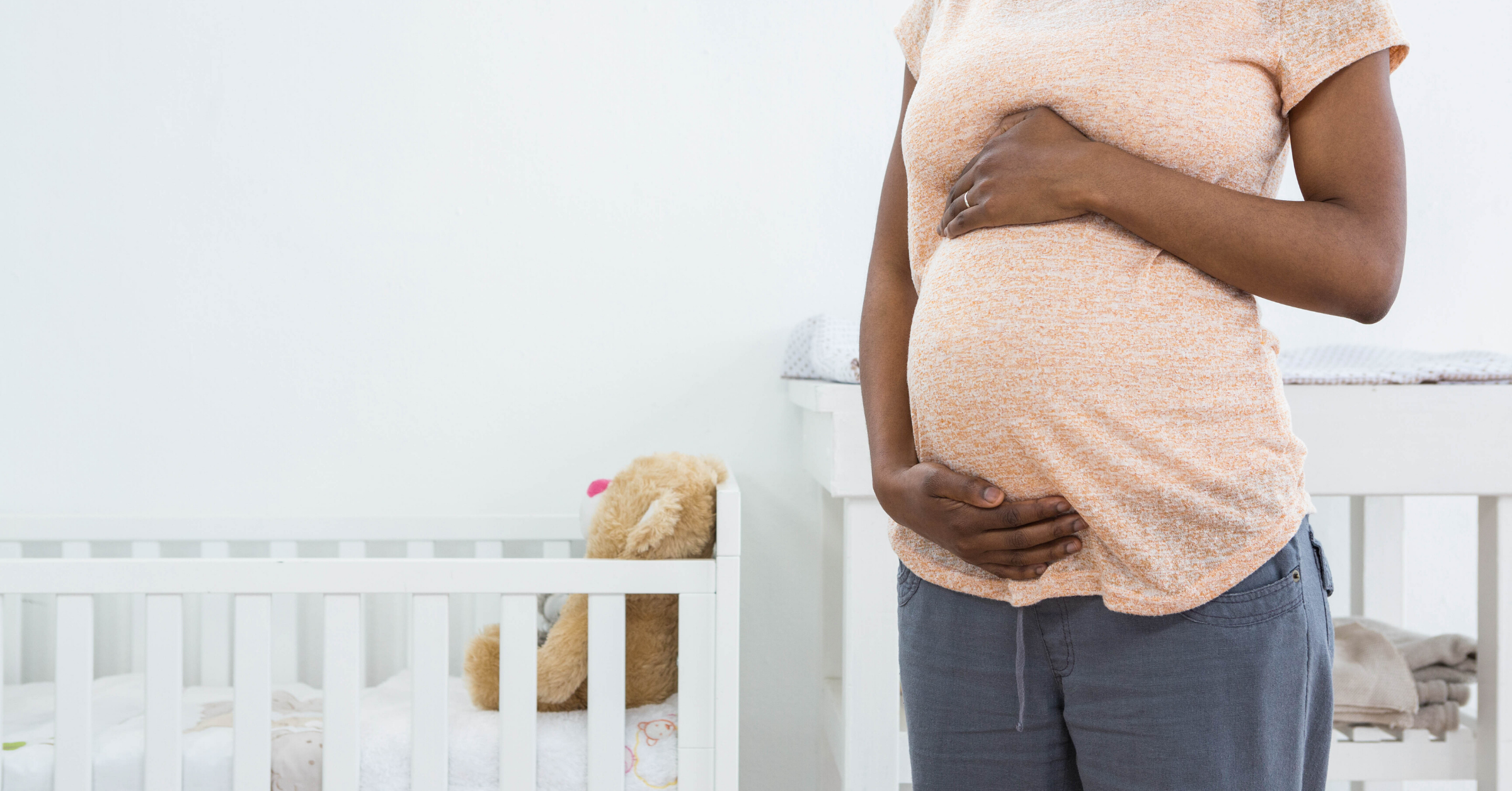Supporting Black Mothers
As we celebrate Black Maternal Health Week from April 11-17, it’s critical that we better understand the unique challenges and circumstances that Black women face in controlling their reproductive well-being. This year’s theme, “Centering Black Mamas: The Right to Live and Thrive,” reminds us to look beyond statistics to potential solutions, which is exactly what legislation currently introduced in Congress seeks to achieve.
We have joined more than 100 other organizations, including the NAACP, American College of Obstetricians and Gynecologists, March of Dimes, and In Our Own Voice, in signing on as a supportive organization to the newly introduced Black Maternal Health Momnibus Act of 2020 or the ‘Momnibus.’ Composed of nine bills, this legislative package seeks “to comprehensively improve maternal health outcomes and close racial disparities in outcomes.”
Led by Representatives Lauren Underwood (IL) and Alma Adams (NC) in the House and Senator Kamala Harris (CA) in the Senate, each bill in the package is the Momnibus package is sponsored by different members of the Black Maternal Health Caucus .
In a statement, Representative Underwood said that the legislative package “is a sweeping effort to address our nation’s maternal mortality crisis through effective, evidence-based, and culturally competent solutions… New moms and their children and families deserve nothing less.”
In America today, Black women are more than three times as likely to die from a pregnancy-related death than their white counterparts. They are also more than twice as likely to lose an infant to premature death. In fact, the United States is the most dangerous country in the developed world to give birth for all women.
Our CEO, Ginny Ehrlich, said of the act, “Everyone - regardless of the color of their skin, their zip code or their income – deserves equitable systems of support to achieve reproductive well-being, including the ability to have healthy outcomes for themselves and for their children.”
The nine bills that make up the Momnibus will build on and fill gaps in existing legislative. As summarized by the Caucus’s announcement, the legislation will:
- Make critical investments in social determinants of health that influence maternal health outcomes, like housing, transportation, and nutrition. (Social Determinants for Moms)
- Provide funding to community-based organizations that are working to improve maternal health outcomes, particularly for Black women (The Kira Johnson Act).
- Comprehensively study the unique maternal health risks facing women veterans and invest in VA maternity care coordination. (Protecting Moms Who Served)
- Grow and diversify the perinatal workforce to ensure that every mom in America receives maternity care and support from people she can trust. (Perinatal Workforce)
- Improve data collection processes and quality measures to better understand the causes of the maternal health crisis in the United States and inform solutions to address it. (Data to Save Moms)
- Invest in maternal mental health care and substance use disorder treatments. (Moms MATTER)
- Improve maternal health care and support for incarcerated women. (Justice for Incarcerated Moms)
- Invest in digital tools like telehealth to improve maternal health outcomes in underserved areas. (Tech to Save Moms)
- Promote innovative payment models to incentivize high-quality maternity care and continuity of health insurance coverage from pregnancy through labor and delivery and up to 1 year postpartum. (IMPACT to Save Moms)


